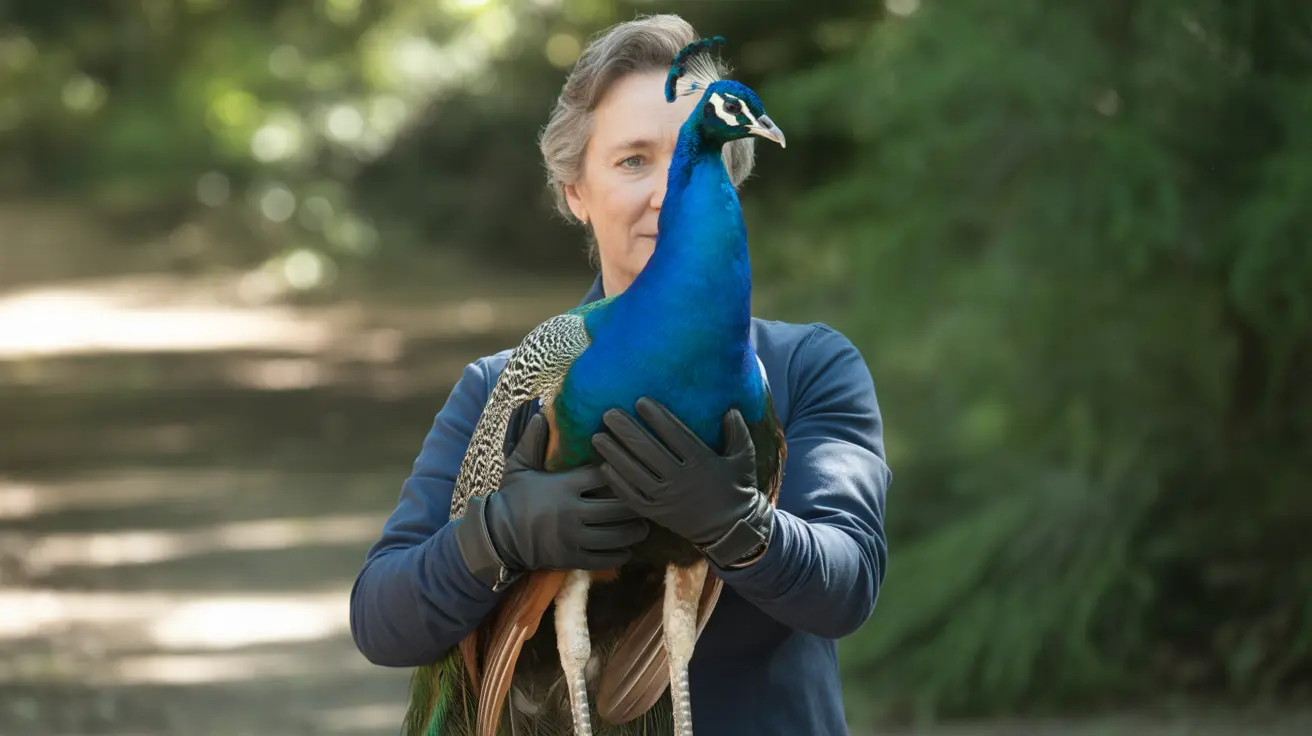Students Leading the Way in Wildlife Conservation
Students at Eckerd College are taking wildlife conservation into their own hands through an innovative Wildlife Rescue Club that provides hands-on experience in animal rescue and rehabilitation. This student-led initiative exemplifies the growing commitment to wildlife protection in Florida while offering valuable real-world training opportunities.
The program stands out for its comprehensive approach to wildlife rescue, combining classroom learning with practical field experience. Students participate in specialized training sessions that prepare them for encounters with various Florida wildlife species, from marine mammals to urban wildlife.
Training and Education in Wildlife Rehabilitation
The Wildlife Rescue Club focuses on developing essential skills through a structured training program. Students learn proper wildlife handling techniques using plush animal demonstrations before advancing to supervised field operations. This careful approach ensures both student safety and animal welfare remain top priorities.
Marine Mammal Rescue Preparation
A significant component of the training focuses on marine mammal rescue, reflecting Florida's rich coastal ecosystem. Students receive specialized instruction in:
- Safe approach and handling techniques
- Initial health assessment protocols
- Proper transport procedures
- Emergency response coordination
Florida Fish and Wildlife Collaboration
The program's effectiveness is enhanced through strong partnerships with key organizations. Students work alongside professionals from the Florida Fish and Wildlife Conservation Commission, gaining invaluable experience in official rescue operations and conservation efforts.
Partner Network
The club maintains active relationships with:
- ZooTampa
- SeaWorld Orlando
- Local rural animal shelters
- Marine rescue organizations
Hands-on Wildlife Education Impact
Through this practical experience, students develop crucial skills that extend beyond basic animal care. The program provides opportunities for:
- Direct involvement in rescue operations
- Understanding of wildlife behavior
- Development of problem-solving skills
- Experience with team coordination
- Exposure to professional wildlife care protocols
Student Animal Rescue Team Operations
The rescue team responds to various wildlife emergencies, demonstrating their commitment to both marine and terrestrial species. Their work includes assisting stranded marine mammals, helping injured birds, and supporting local wildlife rehabilitation efforts.
Frequently Asked Questions
How does Eckerd College's Wildlife Rescue Club train students to safely handle and rescue injured wildlife?
The club provides specialized training including wildlife identification, proper handling techniques using demonstrations with plush animals, simulated rescue missions, and initial veterinary assessments to prepare students for real rescues.
What kind of wildlife does Eckerd College's rescue teams commonly help in Florida?
Students assist a range of animals such as manatees, dolphins, sea turtles, birds, raccoons, and small urban mammals, responding to injured, distressed, or stranded wildlife in both terrestrial and marine environments.
What benefits do students gain from participating in Eckerd College's wildlife rescue initiatives?
Students develop hands-on skills in animal handling, boat operation, rapid problem-solving, teamwork, and gain valuable career experience in marine and wildlife sciences, often fulfilling academic experiential learning requirements.
Making a Difference in Florida Wildlife Conservation
The Eckerd College Wildlife Rescue program represents a significant contribution to wildlife conservation efforts in Florida. Through their dedication and hands-on approach, students are not only preparing for future careers in wildlife conservation but are also making an immediate positive impact on local wildlife populations.
This innovative program demonstrates how educational institutions can successfully combine practical experience with academic learning, creating meaningful opportunities for students while supporting crucial wildlife conservation efforts in their community.






